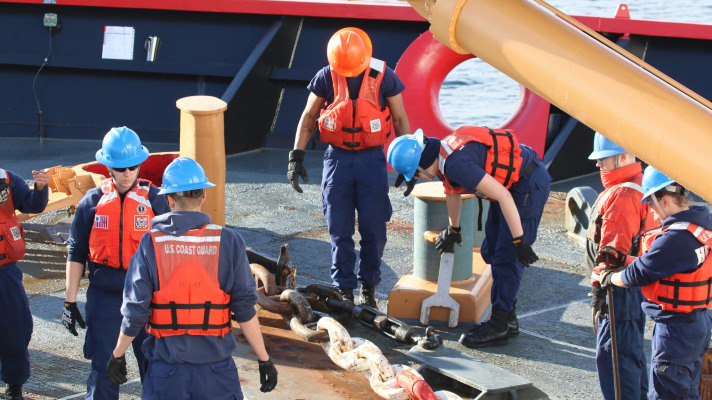Crew changes should be able to take place in all ports say ESPO and FEPORT as it is essential for the functioning of European logistics chains. The organisations state it is neither technically nor economically feasible to restrict crew changes to only a select group of main ports.
The organisations are happy with the recently adopted European Commission’s Green Lanes concept with its exemptions for transport workers to cross borders during the corona crisis. They call on member states to properly apply these guidelines, so that movements of ship crews and seafarers who need to embark on a vessel or return home can be facilitated and happen as smoothly as possible.
According to ESPO and FEPORT European ports now oppose the Commission proposal by requesting member states to designate specific ports where crew changes are possible. ‘Port calls are planned as part of a complex logistics chain and hinterland distribution. For instance, it is neither possible nor desirable to redirect an ore carrier to a ferry port simply to make a crew change. In addition, berths in all ports will be needed to accommodate laid-up vessels, which in turn also require the possibility of disembarking and embarking crew,’ the organisations say in a statement.
Top-down selection of ports may disrupt supply chain
‘Today ALL European ports are really doing their utmost to remain operational and play their role as critical nodes in the supply chain and they continue to be engines of growth for their region,’ comments Isabelle Ryckbost, Secretary General of ESPO. ‘A top-down selection of certain ports for the purpose of crew changes might have serious impacts on some ports and port businesses and may unnecessarily disrupt a supply chain which is already under pressure.’
‘If crew changes and transfers can be facilitated from and to one port in the country, they can be facilitated in all ports. This issue should be solved as quickly as possible, but must not lead to a top-down reshuffle of port calls in Europe. The Green Lanes concept, combined with a better coordination between member states is the most effective solution,’ she adds.
ESPO (European Sea Ports Organisation) represents the port authorities, port associations and port administrations of the seaports of 22 member states of the European Union and Norway. FEPORT represents the interests of a large variety of terminal operators and stevedoring companies.








